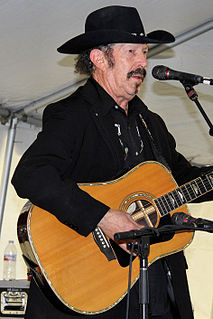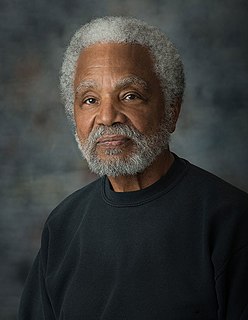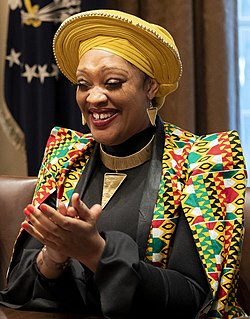Цитата KRS-One
До того, как я вышел, не было такого понятия, как движение черного сознания. Дети на улице не знали, кто такой Малкольм Икс или Мартин Лютер Кинг, пока рэп не дал им знать.
Связанные цитаты
Мы [черные] не уважаем старших. Помимо художников, мы не уважаем Фредерика Дугласа. Мы не уважаем Мартина Лютера Кинга. Вы посмотрите на каждый бульвар Мартина Лютера Кинга здесь, и это первоклассный блок. Это не из-за белых людей. Это из-за черного лидерства. У нас просто есть эта проблема, и я собираюсь провести остаток своей жизни, пытаясь победить ее.
Отмечалась годовщина бойкота в Монтгомери, и листовка, которая была выпущена, и вся литература, которая распространялась, практически ничего не говорила о движении или о том, за что оно выступало, что оно сделало, или что-то еще, но было просто преклонение перед лидером, знаете ли, [Мартином Лютером] Кингом.
Мартин Лютер Кинг действительно был предохранительным клапаном для белых людей. Каждый раз, когда казалось, что чернокожее сообщество было на грани того, чтобы действительно сделать то, что мы должны делать, из-за того, что подверглись нападению, они включали Мартина Лютера Кинга по телевидению. Он всегда говорил: «Мы должны использовать ненасилие. Мы должны преодолевать ненависть любовью». Белым это нравилось. Вот почему ему дали Нобелевскую премию. Но когда Мартин Лютер Кинг начал осуждать войну во Вьетнаме, белые люди отвернулись от него.
Что точно изображено, так это богатая человечность не только Мартина Лютера Кинга, но и движения, которое было многорасовым. У вас были черные и белые, которые собирались вместе и приносили жертвы, организовывая и мобилизуя мир. Это первый раз, когда мы поставили коллективное действие в центр какого-либо изображения Мартина Кинга на экране.
Мы [американцы] знаем Мартина Лютера Кинга-младшего как статую. Мы знаем его как праздник. Мы знаем его как речь. Мы не знаем его как мужчину. Большинство людей даже не знают всей речи, только «у меня есть мечта». Они не знают, каким был его голос, как он смотрел на свою жену и что у него было четверо детей.
Белый человек поддерживает преподобного Мартина Лютера Кинга, субсидирует преподобного Мартина Лютера Кинга, чтобы преподобный Мартин Лютер Кинг мог продолжать учить негров быть беззащитными — вот что вы подразумеваете под ненасильственными — быть беззащитными перед лицом одного из самых жестоких зверей который когда-либо брал людей в плен - вот этот американский белый человек, и они доказали это по всей стране полицейскими собаками и полицейскими дубинками.































